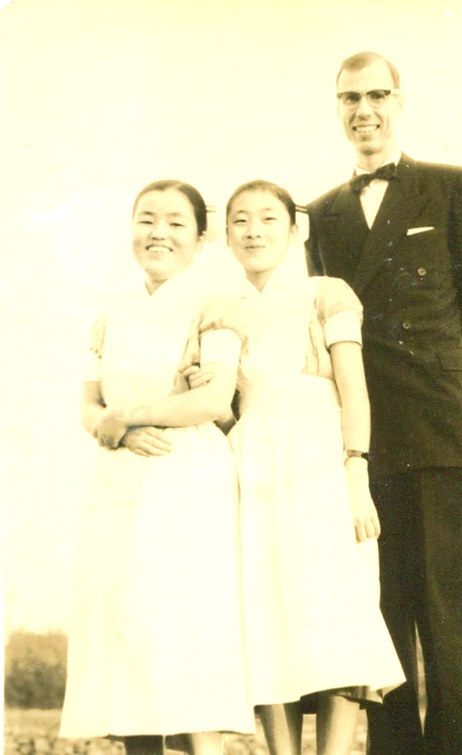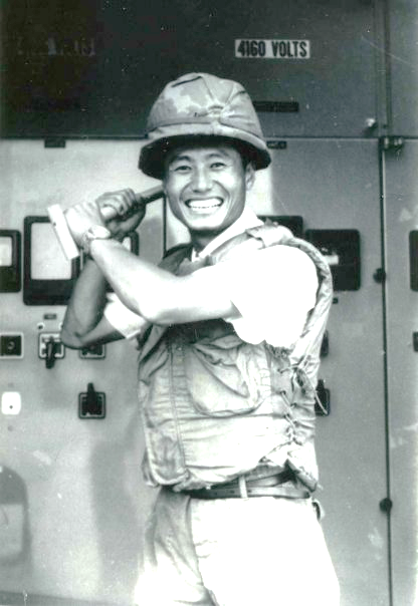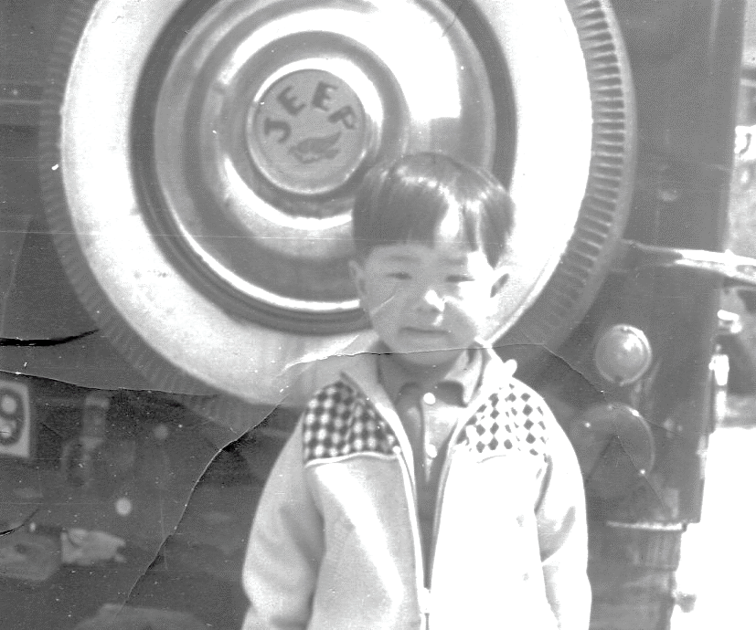Parents’ drive for better life inspires University of Missouri President Mun Choi
COLUMBIA, Mo. (KMIZ)
A survey completed in 2016 shows Asian Americans make up only 2% of America's college and university presidents.
That same year, the University of Missouri made history and hired its first Asian American President, Mun Choi.
Choi told ABC 17's Deborah Kendrick that he attributes much of his success to his parents' determination to give him and his siblings a better life.

Choi's parents were born in the late 1930s when Korea was one country, under Japanese control. His mother would eventually land a scholarship with a nursing program hosted by a Mennonite missionary. Choi's mother met Elizabeth Klippenstein through the program. Klippenstein would become a very close family friend to the family.
"The small and large acts of kindness that she shared with my mother, and my mother's friends during my mother's teenage years in Korea really resonated with me," Choi said. "There were individuals from America who left behind a very successful career and to come to a country that was desperately in need."

A nursing shortage in the U.S. allowed Choi's mom an opportunity to be a nurse in America and gain permanent residency.
On July 4, 1973, their American dream started. Choi was 9 years old when his family moved to Akron Ohio.
Fast forward to post-college, education was still his passion. Choi became an associate professor at the University of Illinois at Chicago (1994-2000), department head of mechanical engineering and mechanics at Drexel University (2000-2008), then dean of engineering at the University of Connecticut (2008-2012). Later, he took on the role of provost and executive vice president at UConn (2012-2017).
Choi was named the University of Missouri's 24th system president in 2016. It was also the first time an Asian American held the position. He officially started his role in March 2017. He was later appointed chancellor of the Columbia campus.

"I do hear from some students, they say that it's great to see an Asian American as a role model," Choi said. "I think representation is critically important, but beyond that, it's what the individuals accomplish with that representation, to bring that diverse perspective."
This year MU was the site of a satellite polling location for the South Korean presidential election.
Sang Kim, director of the MU Asian Affairs Center and Missouri International Training Institute, said several factors went into Columbia being chosen but does point out Choi's connections.
"The Korean consulate in Chicago, they know President Choi very well, he's from the Chicago area," Kim said. "The former consulate general visited the MU campus a few times and met with President Choi. So they know the Korean community is here."
Kim has been running the MU Asian Affairs Center since September 2004. He said it's been helpful to have Asian American leadership and representation at the university level.
"I think we get a lot more recognition in the community and also from Korean and Asian partners," Kim said. "They say 'wow, you have an Asian American president, that's not so common and they are pleasantly surprised and share the pride."
Kim said having that recognition can attract more international students, which can benefit everybody.
"All the citizens here have an opportunity to realize that the world is here, instead of you know, just traveling to different cultures and countries," Kim said. "They can start the process of learning international cultures and that helps them understand who we are and what we have."
Kim and Choi say international students are important to the University.
"I want to provide that kind of environment for each and every student that comes to our University. It's important for me as a leader of this university to make sure they know that they are welcome, that we have a safe space for them to explore new ideas," Choi said.
When asked about his legacy, Choi said he always thinks of one person.
"In my own way, I want to be able to replicate what Mrs. Klippenstein did, to be able to pay it forward as she did," he said. "The role she had, in my mother's development, really, really, touches me."











